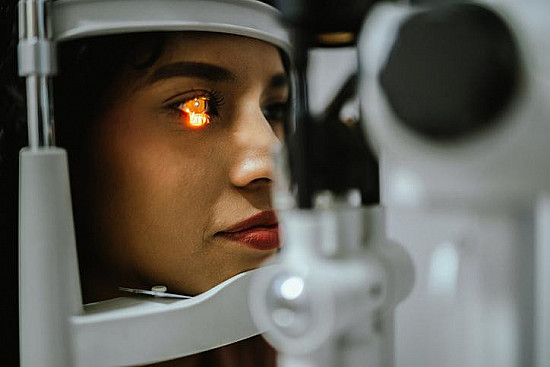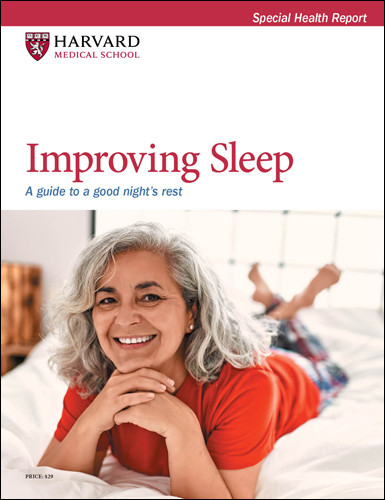The best bedtime for heart health?
Research we're watching

People who fall asleep between 10 and 11 p.m. may be less likely to develop heart disease than those who start their slumber earlier or later, according to a new study.
For the study, more than 88,000 people ages 45 to 79 wore devices on their wrists that tracked when they fell asleep and woke up for one week. They also completed assessments and questionnaires about their health and lifestyle habits. Researchers then tracked heart attacks, strokes, and other cardiovascular problems in the participants for an average of 5.7 years.
Compared with a sleep start time of 10 to 10:59 p.m., cardiovascular disease rates were 25% higher when sleep began at midnight or later, 12% higher when sleep started in the 11 o'clock hour, and 24% higher when people fell asleep before 10 pm.
The findings don't prove that early or later bedtimes promote heart disease. But nontraditional sleep times may disrupt the body's 24-hour internal clock, or circadian rhythm, which plays a key role in regulating physical functioning. People who stay up past midnight may have the highest risk because they're less likely to see morning light, which resets the body clock, say the authors. Their study was published Nov. 9, 2021, in the European Heart Journal–Digital Health.
Image: © Ridofranz/Getty Images
About the Author

Julie Corliss, Executive Editor, Harvard Heart Letter
Disclaimer:
As a service to our readers, Harvard Health Publishing provides access to our library of archived content. Please note the date of last review or update on all articles.
No content on this site, regardless of date, should ever be used as a substitute for direct medical advice from your doctor or other qualified clinician.
















